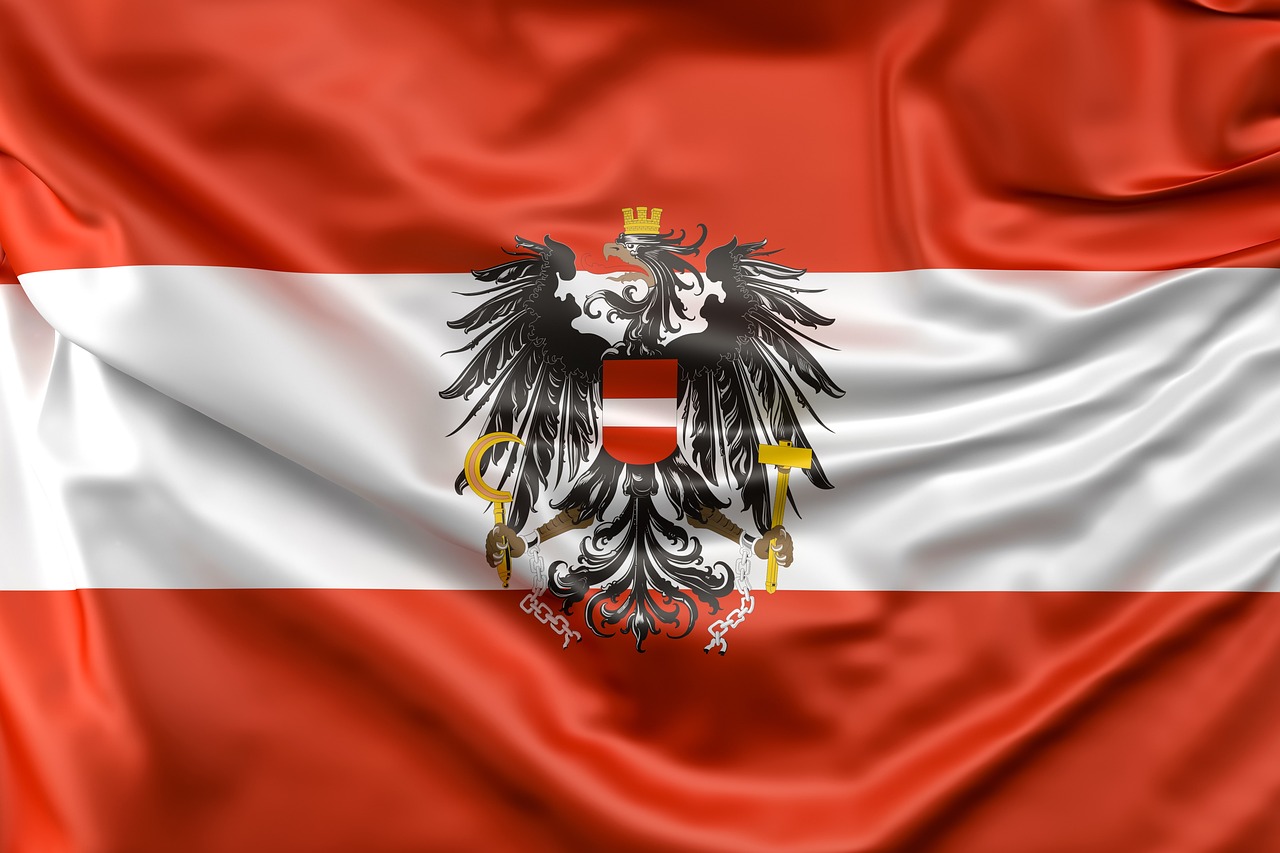
The ever-shifting terrain of European diplomacy casts a spotlight on Austria’s possible entry into the Visegrad Group, inviting intrigue and analysis. In recent years, Austria’s political mosaic has seen different parties take the reins, moulding its connections with the esteemed V4 nations—Poland, Hungary, Czechia, and Slovakia. Unravelling this diplomatic tapestry reveals intriguing interactions and divergent paths with its Visegrad counterparts.
Amid Austria’s political landscape, the Austrian People’s Party (ÖVP) and the Freedom Party of Austria (FPÖ) have emerged as pivotal players. Led by Chancellor Sebastian Kurz, the ÖVP champions policies that resonate with some Visegrad Group aims, particularly on issues of national sovereignty and resistance to EU-mandated refugee quotas. Surprisingly, the FPÖ also treads a similar path, finding common ground with select Visegrad countries.
On the other side of the spectrum, we encounter parties with a less aligned stance towards the Visegrad Group’s objectives. The Social Democratic Party of Austria (SPÖ) and the NEOS – The New Austria and Liberal Forum have articulated views that differ from the path taken by the ÖVP and the FPÖ. The SPÖ, under different leaderships, has highlighted its commitment to a more inclusive approach to EU policies and migration matters. The NEOS party, known for its liberal outlook, has focused on fostering European unity and collaboration rather than aligning strictly with specific regional groups.
A flashpoint emerges on migration and European integration, where Austria’s political forces have voiced reservations about certain EU policies, striking a chord with stances taken by some Visegrad nations. Both the ÖVP and the FPÖ have staunchly called for tighter border controls and a cautious approach to EU integration, aligning with countries like Hungary and Poland.
However, this diplomatic kaleidoscope also boasts varying hues. Beyond the realm of political convergence, Austria’s deep-rooted cultural affinity and shared history—especially with Hungary—imbue bilateral relations with camaraderie. The echoes of the Austro-Hungarian Empire’s legacy resonate, forging cultural bonds and fostering rapport.
Nevertheless, the canvas of diplomacy seldom lacks complexity. As Austria eyes a possible berth in the Visegrad Group, diverse views and challenges loom large. The intricacies of domestic politics, at times, diverge from the positions of certain Visegrad countries, necessitating nimble diplomacy to navigate disparities.
In the larger European Union panorama, Austria, like the Visegrad members, holds a membership card. Balancing its EU commitments while charting regional cooperation poses a delicate dance, where tact and diplomatic finesse are paramount.
As the currents of European diplomacy ebb and flow, the prospect of Austria joining the esteemed Visegrad Group remains a captivating tableau. The alignment of the ÖVP and the FPÖ with certain Visegrad objectives, coupled with the embrace of shared history and culture, opens the doors to deeper cooperation. However, understanding the diverse political threads and weaving through the intricacies of EU commitments will paint Austria’s potential journey to the Visegrad Group—a journey that calls for navigating the diplomatic terrain with dexterity and discernment.






